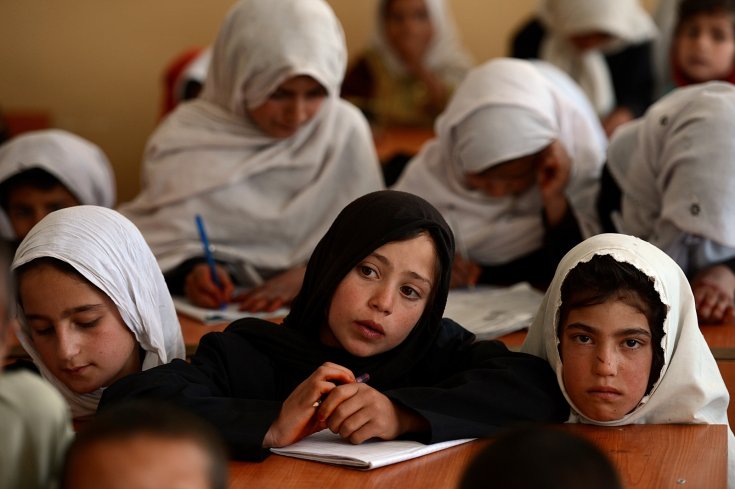In 1989, the Governing Council of the United Nations Development Programme recommended that 11 July be observed by the international community as World Population Day, a day to focus attention on the urgency and importance of population issues. To date there are over 7.4 billion people on earth today.
This year’s theme is “investing in teenage girls” who face a lack of school and early marriage and motherhood which leaves them vulnerable to illness, injury and exploitation.
Teenage girls around the world face enormous challenges. With many considered ready for marriage or motherhood, many are forced from school which damages their prospects for the future. Without a full education, girls are denied access to basic information about health and rights. Each year, 15 million girls are married before the age of 18 – which is roughly one every two seconds.
The growth of the world’s population affects sustainability, urbanisation, health, inequality, poverty and global warming. To mark World Population Day 2016, Archer Designs wants to educate you on some shocking facts about the populations around the globe

By the numbers: Girls in education
31 million primary-aged girls are still out of school around the world (UNESCO)
More than 60 million girls are out of school in total (OHCHR)
Three countries have over a million girls not in school. In Nigeria there are almost five and a half million, over three million in Pakistan, and over one million girls out of school in Ethiopia (UNESCO)
Around two-thirds of the 774 million illiterate people in the world are female (UNESCO)
If all girls had a secondary education, child marriages would be cut by two-thirds (UNESCO)
There would be 15% fewer child deaths if all women had a primary school education (UNESCO)
If all women had a secondary education, child deaths would be cut in half, which would save three around million lives (UNESCO)

By the numbers: Global population
According to research from 2014, there is a 70% chance the global population will rise continuously from 7 billion today to 11 billion in 2100
National populations are expected to more than double in 40 countries, many of which are in Africa. Niger’s population is projected to more than triple
Thirty-four countries are projected to have smaller populations in 2050 than they do today – with Japan experiencing the largest decline
Women’s life expectancy averages 73 years globally, compared to 69 for men
Only one in five national parliamentarians around the world are women.

Leaders and communities must focus on and stand up for the human rights of the most marginalized teenage girls, particularly those who are poor, out of school, exploited, or subjected to harmful traditional practices, including child marriage, Marginalized girls are vulnerable to poor reproductive health and more likely to become mothers while still children themselves. They have a right to understand and control their own bodies and shape their own lives.
UNFPA Executive Director Dr. Babatunde Osotimehin said.


